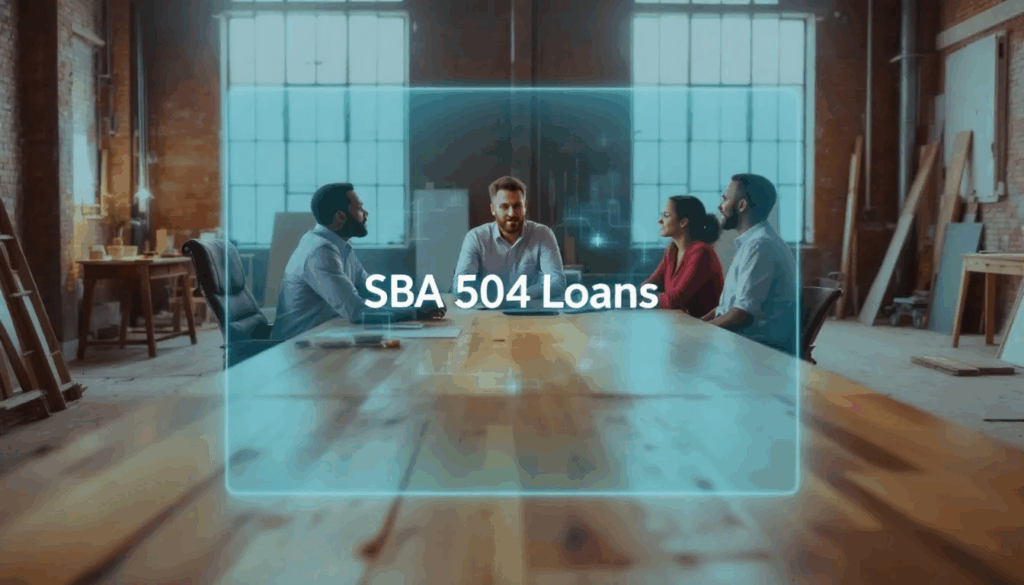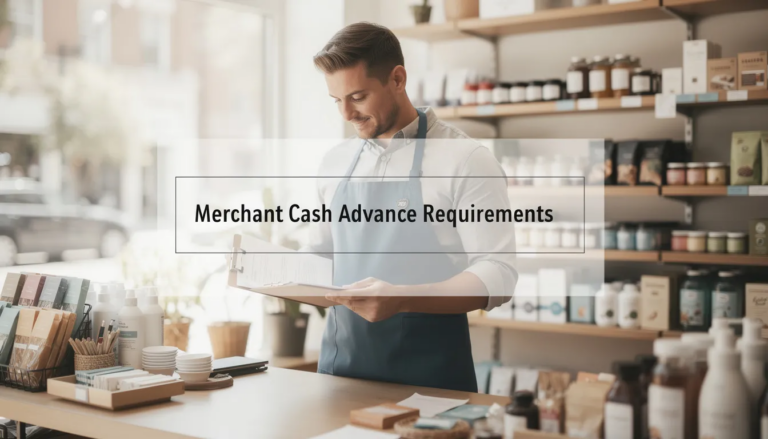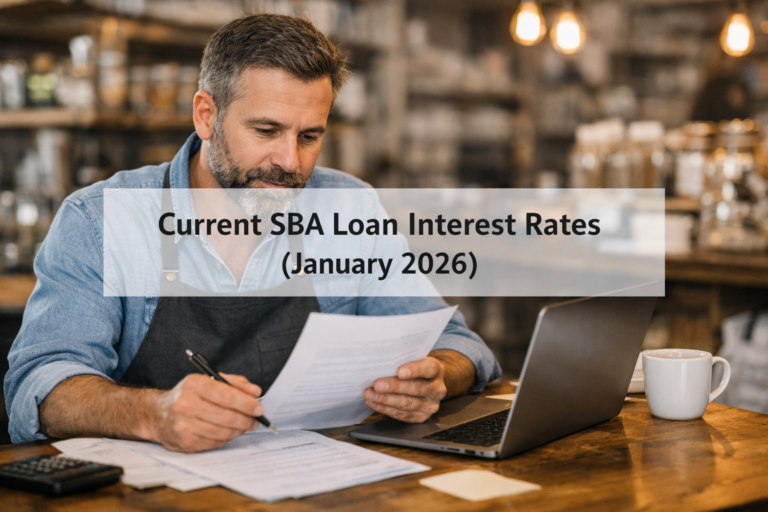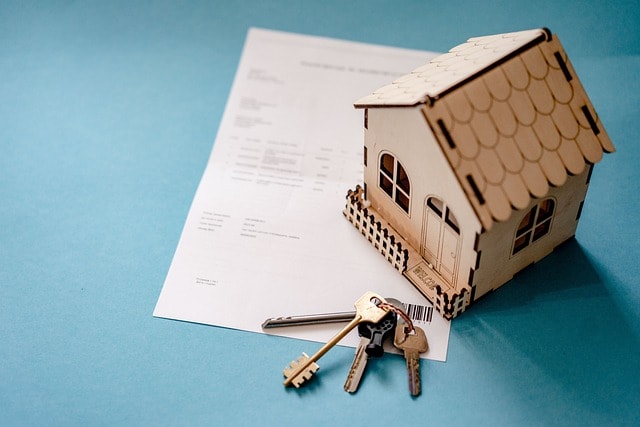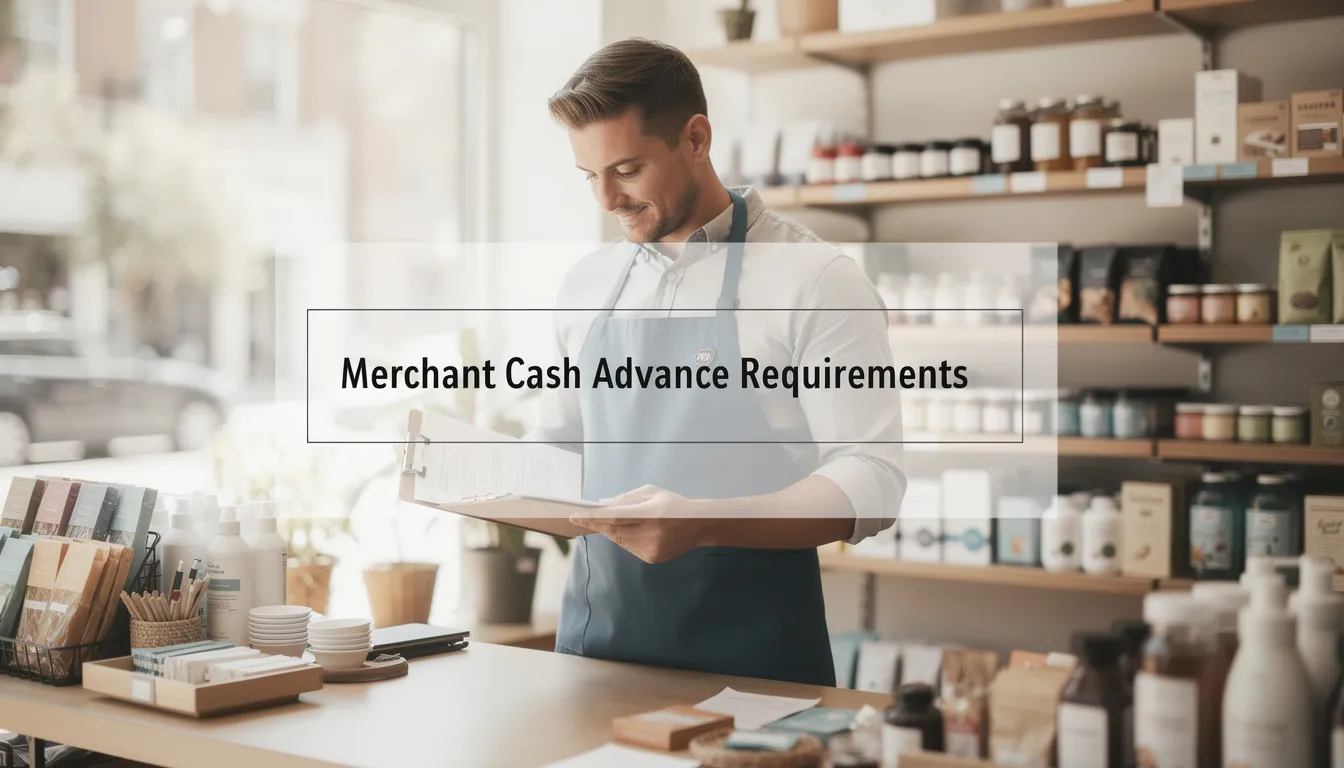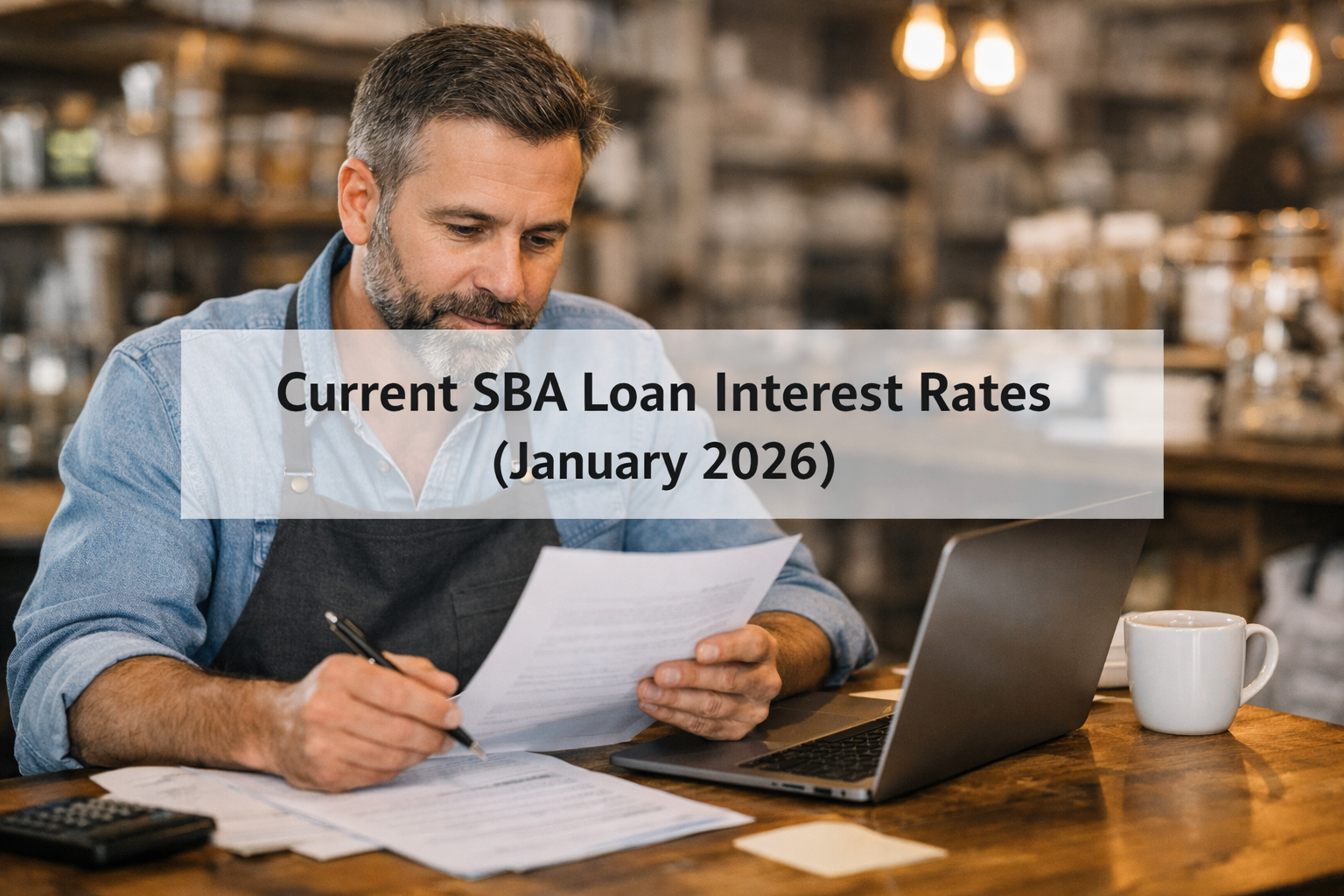What are SBA 504/CDC Loans?
SBA 504 loans – also known as CDC/504 loans – are a specialized subset of the SBA loan program that provides long-term financing for major fixed assets that promote business growth. 504 loans also require working with Certified Development Companies (CDCs) and a third-party lender (TPL) to process the application and receive funding.
CDCs are the SBA’s community-based partners that regulate nonprofits and promote economic development within their communities. Small businesses partner with CDCs to secure funding for long-term, major fixed assets that foster job creation and business growth.
Standard 504 projects currently support CDC/SBA-backed financing up to $5.5 million. Specific green or energy policy-priority projects may qualify for higher SBA-backed amounts under specific rules — see the SBA factsheet for details. Lower down payment requirements in SBA 504 loans make large asset purchases more accessible compared to traditional commercial loans.
Repayment terms range from 10 to 25 years. In standard 504 loans, the funding breakdown goes as follows:
- 40% of loan funds come from the CDC
- 50% of the loan funds come from the private lender
- 10% down payment from the borrower
To be eligible for a 504 loan, your business must fall within SBA size guidelines and demonstrate good character and the ability to repay the loan. To fully understand how the SBA 504/CDC loan works, review the core activities and processes involved in the CDC/504 program.
How Can I Use 504 Loan Funds?
One of the distinguishing features of the 504 loan program is how borrowers are allowed to use the funds. The program stipulates that the funds must be allocated to long-term projects that aim to create jobs or contribute to business development.
Examples of how borrowers can use the funds include the purchase or construction of:
- New facilities
- Equipment and machinery for long-term use
- An existing building, land, or other fixed assets
Additionally, borrowers can utilize the funds to purchase real estate, repair or update existing facilities, as well as land, streets, utilities, parking lots, and landscaping.
Unlike other SBA loans, borrowers cannot use the funds for:
- Purchasing inventory
- Repaying, refinancing, or consolidating business debt
As with most SBA loans, the funds cannot be used for speculation or rental real estate purposes.
If you use the loan to create jobs, you must make one for every $65,000 borrowed. Manufacturing businesses must create one job for every $100,000 in borrowed funds. Your borrowing limit will be $5 million.
If you use the loan for a purpose related to public policy (i.e., business district revitalization, minority business development, or expansion of women-owned businesses), your borrowing limit is $5.5 million.
Lastly, if you own a small manufacturing business, you must create or retain at least one job per $100,000 guaranteed by the SBA. Your loan must also be used for purposes related to public policy. If you meet these criteria, your borrowing limit will be $4 million.
Green Projects
SBA 504 Loans for green projects provide unique opportunities for businesses to finance environmentally sustainable initiatives while benefiting from favorable terms. The funded initiative must meet one or more specific criteria to qualify as a green project.
These include:
- Reducing energy consumption by at least 10%
- Incorporating renewable energy systems such as solar or wind power, or
- Integrating sustainable design elements like efficient lighting or HVAC systems
Additionally, constructing buildings that achieve LEED certification —a globally recognized standard for sustainability in construction —qualifies as a green project. These initiatives align with the SBA’s mission to promote economic growth and environmental responsibility.
A significant advantage of SBA 504 Loans for green projects is the ability to exceed the standard $5 million SBA guaranty cap. Borrowers with eligible green projects can access multiple 504 loans, significantly increasing their potential funding. This expanded borrowing capacity enables businesses to undertake larger or additional projects without being constrained by traditional limits.
Using the Loan for Real Estate
One of the most popular uses of the SBA 504 loan program is financing commercial real estate. Small businesses can utilize an SBA 504 loan to purchase existing buildings, acquire land, or finance new construction projects, making it an ideal solution for companies seeking to expand their footprint or relocate to a new facility. In addition to property acquisition, the program allows businesses to refinance existing debt tied to real estate, helping to consolidate payments and potentially lower monthly costs. SBA 504 loan borrowers are required to occupy at least 51% of the property being financed.
The SBA 504 loan program also covers soft costs associated with real estate transactions, such as appraisal fees, legal expenses, and title insurance. By financing these costs, small businesses can conserve their working capital and focus on growing their operations. Whether you’re looking to buy, build, or refinance, the SBA 504 loan program offers flexible financing options to help your business expand and thrive.
What are the Costs of SBA 504 Loans?
The interest rates for 504 loans are “pegged to an increment above the 5- and 10-year Treasury rates.” In most cases, the total interest on the loan amounts to 3% of the loan amount, or an APR of 5% to 6%. The interest rate on the portion of the loan financed by the CDC is fixed, providing predictable monthly expenses. The interest rate structure can become quite complicated, and your lender can provide you with more precise details.
504 loans also come with fees, which are typically deducted from the loan amount. There is a guaranty fee of 0.5% of the loan amount and an annual service fee of 0.25% of the loan amount.
Lenders might charge additional fees. However, the SBA does not allow lenders to charge application or origination fees, and the total fees cannot exceed 3% of the loan amount. There are two loans: one from the CDC, which will provide 40% of the project, up to $5 million, in the 2nd position, and the other from an SBA-approved lender in the 1st position, which will be priced by the lender (typically around Prime).
Borrowers who prepay a loan in the first half of the term are subject to a prepayment premium, essentially a prepayment penalty. There is a specific formula for the prepayment premium, which the lender can provide.
There is no prepayment fee if you pay the loan off in the second half of the term.
What are SBA 504 Loan Terms?
SBA 504 loans offer repayment terms of up to 25 years, allowing businesses to manage cash flow more effectively.. Loan terms typically range from 10 to 25 years, depending on the type of fixed asset being financed, with fixed interest rates and predictable monthly payments. The maximum loan amount is generally $5.5 million, allowing businesses to finance up to 90% of the total project cost, which can include the purchase of fixed assets or the refinance of existing debt.
Is My Business Eligible for the 504 Loan?
The specific eligibility requirements are another aspect of 504 loans that sets them apart from other SBA loans. Most SBA loans require applicants to be a for-profit company operating in the US that meets the SBA’s size requirements and has good to excellent credit scores (minimums typically range from 650 to 680, depending on the lender).
504 loans are no different, but the business must also have the following:
- A tangible net worth of less than $20 million
- An average net income of less than $6.5 million for the last 2 years (after federal income taxes)
- Qualified management experience
- A feasible business plan
- The ability to repay the loan (determined by cash flow)
The SBA also evaluates how small businesses operate under franchising agreements to determine eligibility and compliance within the SBA framework.
Businesses engaged in nonprofit, passive, or speculative activities do not qualify for the SBA 504 loan program. The SBA also excludes certain companies, such as:
- Gambling businesses and casinos
- Nonprofit corporations
- Passive or speculative businesses
Applicants must also meet a “credit elsewhere” test, which determines that the company cannot get financing elsewhere. SBA loans are considered a loan of “last resort.” If you’re still unsure if your business is eligible, you can contact an SBA-approved lender for more information.
How To Apply for an SBA 504/CDC Loan:
All SBA 504 loans start with finding a Certified Development Company (CDC) in your area. You can use the SBA’s CDC locator tool to find one close to your business. You will work with the CDC to prequalify and determine the amount your business is eligible for under the CDC/504 program.
Once you find a CDC, you can begin working on your loan application and applying to a lending institution or marketplace. The SBA 504 loan application process requires submitting a comprehensive business plan and financial documentation to demonstrate repayment ability.
You can apply through United Capital Source by following the steps below.
Step 1: Prepare Your Proposal
When applying, you must include a proposal outlining the total project cost and how you intend to use the funds. The proposal should identify the equipment, real estate, or other business assets you intend to purchase. You might need formal quotes from the contractors or the real estate holding company.
Step 2: Gather Your Documents
You can get a complete list of the required documents from the SBA’s 504 Authorization Library. It would be best if you were prepared to provide the following:
- Business and personal financial statements
- Business and personal tax returns for the previous 3 years
- Your accounts receivable and accounts payable ledgers
- A business plan
- Estimates for construction costs and/or equipment purchases
Step 3: Submit an Application
Once you’ve prepared your document, you can complete a formal 504 Loan application. Our loan experts can assist you in preparing the application, including the necessary information for the third-party lender. You will apply to both the lender and your preferred CDC.
Step 4: Await Approval
It may take up to one week for the SBA to make a lending decision. The application then enters a due diligence period, which could last up to three weeks. During this time, the CDC or lender might require additional documentation.
Step 5: Close the Loan and Get Funded
Typically, it takes between 65 and 75 days to close on real estate loans associated with the SBA 504 loan program. You will receive the loan funds once it closes.
SBA 504 Loans, Post-Funding:
The loan agreement will outline the repayment schedule, including the start date of repayment. Terms are typically 10-20 years, so the monthly payment should be manageable.
Approved businesses must also comply with rules and regulations post-funding. A company must report any changes in ownership or if it intends to use the acquired asset(s) as collateral to secure another loan.
Additional reporting requirements include:
- Proof of paying taxes
- Proof of hazard insurance
- Proof of key person insurance
- Financial responsibility
What are the Advantages of SBA 504/CDC Loans?
SBA 504 loans offer businesses substantial funding amounts to invest in equipment, real estate, or other significant asset acquisitions. Since the SBA partially guarantees the loans, borrowers typically get low interest rates, fees, and extended repayment terms.
In addition, 504 loans help promote economic growth in local communities. The partnership with a CDC helps ensure that the funds benefit both the business and the community.
The SBA 504 loan program, in partnership with CDCs, offers a suite of integrated solutions designed to help small businesses quickly find and act on opportunities in commercial real estate, business expansion, and lending.
What are the Disadvantages of SBA 504/CDC Loans?
The primary drawbacks of 504 loans are the stringent eligibility requirements and the limited use of funds. The program is designed to serve both community development and business funding, so applicants must demonstrate how the loan will achieve both objectives.
Since the usage and purpose are so restrictive, 504 loans require extensive documentation and a rigorous underwriting process. Those aspects also mean businesses often have to wait 30-60 days, sometimes longer, to receive funds.
Pros & Cons
Pros:
- Loan amounts of up to $5.5 million are available.
- Loans can fund up to 90% of large-scale development projects.
- Long repayment terms.
- Fees cannot exceed 3% of the loan amount.
- Low, fixed interest rates for the entire loan term.
Cons:
- Complex qualification and application requirements.
- Competitive loans.
- Requires extensive documentation.
- Closing the loan can take 60 days or more.
- Strict use of funds.
Frequently Asked Questions
Here are the most common questions about SBA 504 loans.
Do SBA 504 Loans Require Collateral?
In most cases, the asset(s) you use the funds to acquire serve as collateral, and no additional collateral is required. However, any business owner with a 20% or greater stake must sign a personal guarantee.
Are There Other SBA Loans?
Yes, 504 loans are a niche subset of the SBA loan program. Other SBA loan programs include:
- SBA 7(a) Loans (the most common)
- SBA Express Loans
- SBA Disaster Loans
- SBA Microloans
- Export Loans
What if I’m Not Eligible for an SBA 504 Loan?
While SBA Loans are the most advantageous small business loans, they are far from your only options. Many alternative lending platforms offer various loans with more lenient requirements and significantly faster funding times.
Small Business Loans
You could consider any of the financing options:
- Working capital loans
- Equipment financing
- Merchant cash advance
- Accounts receivable factoring
- Revenue based business loans
- Business lines of credit
- Business term loans
SBA 504 Loans Final Thoughts
As you can see, SBA 504 loans are complicated and only applicable in certain circumstances. If your business qualifies and you need funding for the specific uses outlined in the 504 loan program, it could be your business’s most advantageous loan option.
On the other hand, if you don’t meet the eligibility requirements, have different funding needs, or need the money in fewer than 60 days, 504 loans are not an option for you. If you’re interested in pursuing an SBA loan or applying for a small business loan, please get in touch with us to discuss your options.


